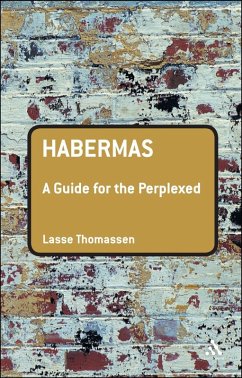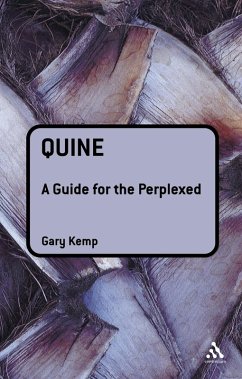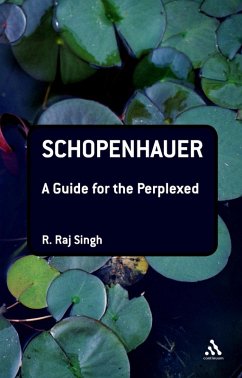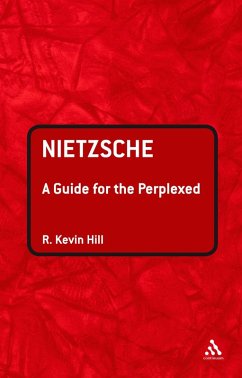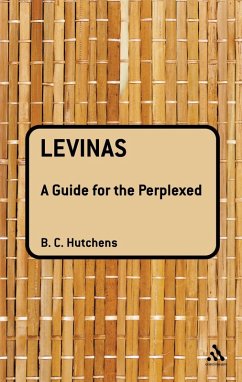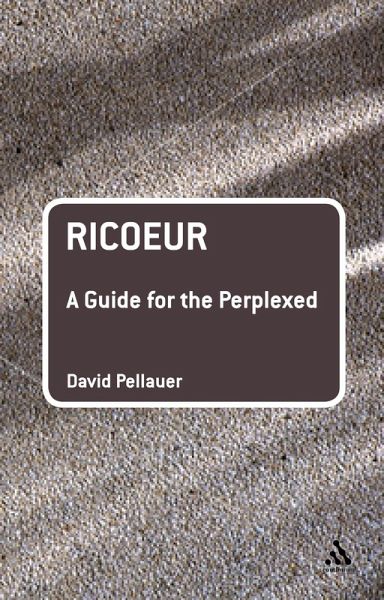
Ricoeur: A Guide for the Perplexed (eBook, PDF)

PAYBACK Punkte
11 °P sammeln!
Paul Ricoeur was one of the giants of contemporary Continental philosophy. He also knew and drew upon the Analytic tradition. Over a long life, he pursued questions of philosophical anthropology as they relate to a good life, lived with and for others in just institutions. His work has been translated into numerous languages and widely discussed by legal theorists, historians, literary critics, and theologians as well as philosophers. Ricoeur: A Guide for the Perplexed is the ideal text to support anyone trying to reach a firm understanding of this important contemporary philosopher. The guide...
Paul Ricoeur was one of the giants of contemporary Continental philosophy. He also knew and drew upon the Analytic tradition. Over a long life, he pursued questions of philosophical anthropology as they relate to a good life, lived with and for others in just institutions. His work has been translated into numerous languages and widely discussed by legal theorists, historians, literary critics, and theologians as well as philosophers. Ricoeur: A Guide for the Perplexed is the ideal text to support anyone trying to reach a firm understanding of this important contemporary philosopher. The guide locates Ricoeur's output in its historical and intellectual context, provides an overview of Ricoeur's central ideas and defines carefully the key terms in his philosophical writing. Close attention is paid to each of Ricoeur's major works, including The Conflict of Interpretations and From Text to Action. Ricoeur's importance for particular disciplines - including literary criticism, social theory, political philosophy and theology - is explained and explored. Above all, this Guide for the Perplexed offers constructive and illuminating suggestions for how to read Ricoeur. A major contribution to Ricoeur scholarship in its own right, it is also an invaluable companion to be read alongside Ricoeur's own works.





